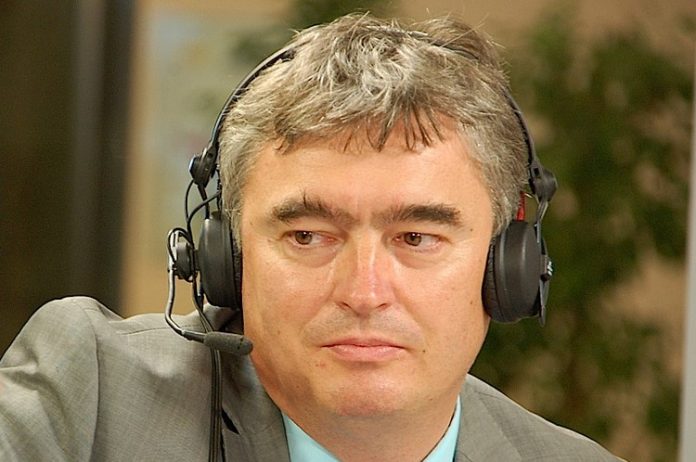MEPs confirmed on Thursday that funds for the next Erasmus+ programme should be tripled to allow more people to take part, better adapting grants to their needs.
For the next generation of the Erasmus+ programme, one of Parliament’s main objectives is that more young people take part in the different learning mobility schemes. It therefore proposes a detailed set of measures to lift all economic, social and cultural barriers.
National strategies to foster participation of people with fewer opportunities
To better adapt the programme to the needs of disadvantaged people and increase their participation, MEPs proposed that the European Commission and national Erasmus agencies draft a European inclusion framework and develop national inclusion strategies. They could foresee measures to provide more financial support for mobility, adjust monthly grants and regularly review living and subsistence costs. Other special support should include language training, administrative support and e-learning opportunities.
“Our aim is to make the new Erasmus+ programme more user-friendly and inclusive, accessible and fair for all groups of young people and adults, regardless of their economic situation and other circumstances. Erasmus + does not only allow participants to study and train abroad, it also helps to strengthen European identity and improves employment opportunities. It gives participants the knowledge and skills to enrich their personal and professional lives, said the rapporteur Milan Zver (EPP, SI) during the debate in plenary.
New Erasmus actions
MEPs also re-allocate the budget to different parts of the programme to reflect these priorities, offering pre-school and early education staff, young athletes and sport coaches the option to participate in mobility schemes. Vocational education exchanges, especially in border regions will also be a priority in the new programme and have a bigger budget.
Co-funding from other European programmes
More synergies with other European funding programmes would enable many quality programmes that currently cannot be financed under Erasmus to benefit from combined funding to complement the adjustment of grants, transport, living costs for disadvantaged learners or to finance new projects.
“I believe that investing in Erasmus is investing in the future of the EU. I again call on the European Commission and the Member States to support a threefold increase in the budget in the trialogue,” Zver added.
The final text must be negotiated and agreed with the Council under the next parliamentary term.

